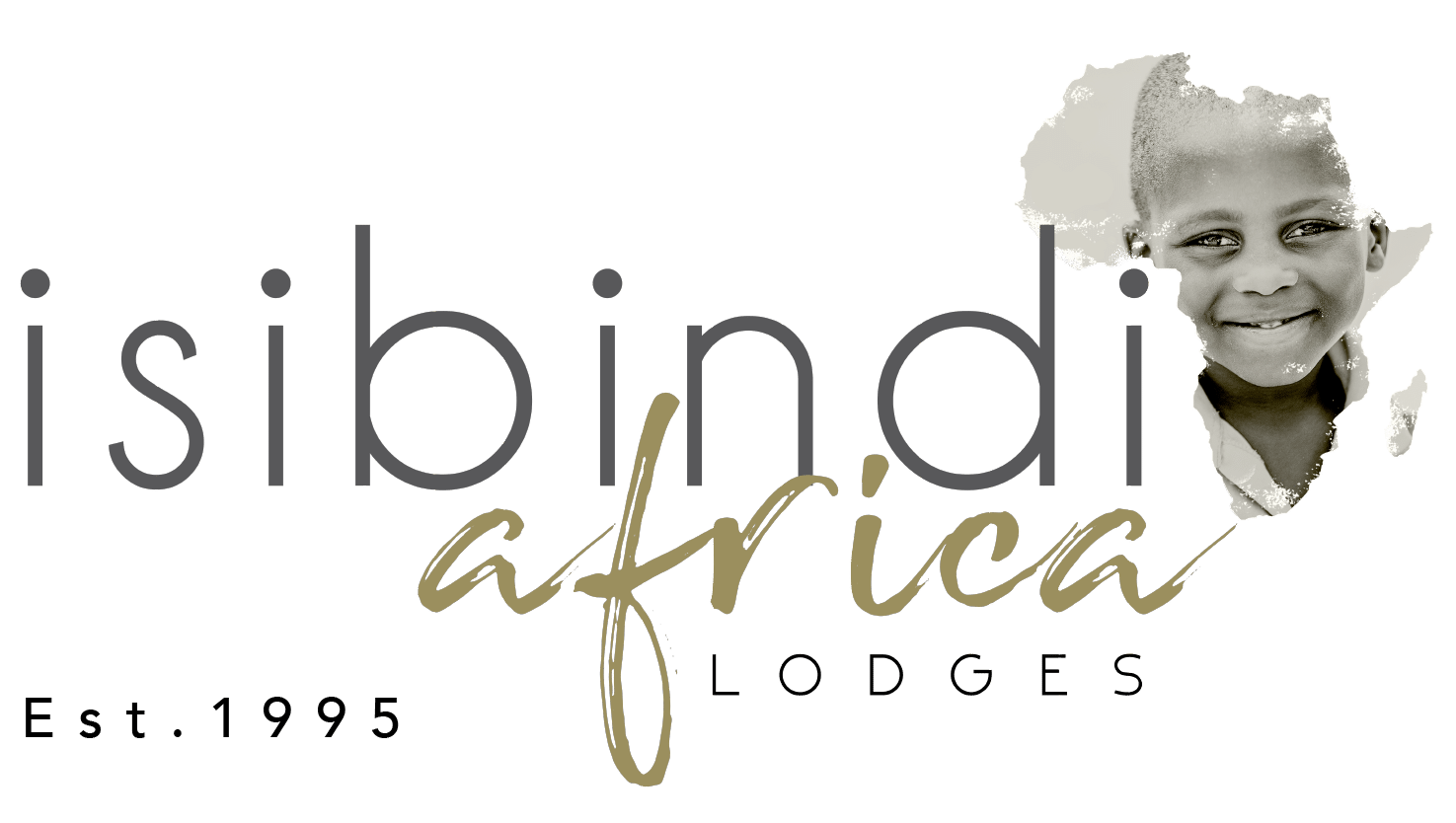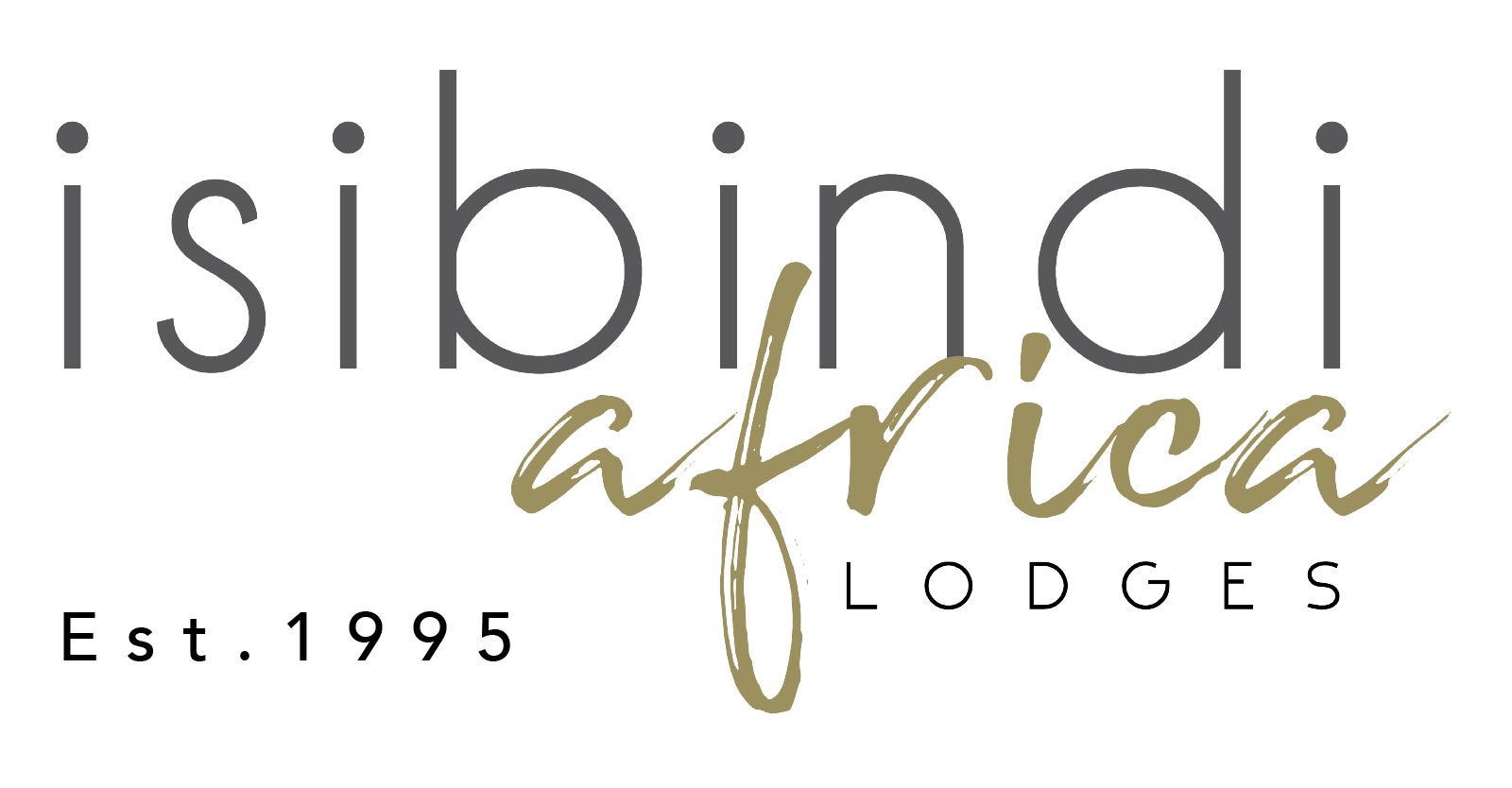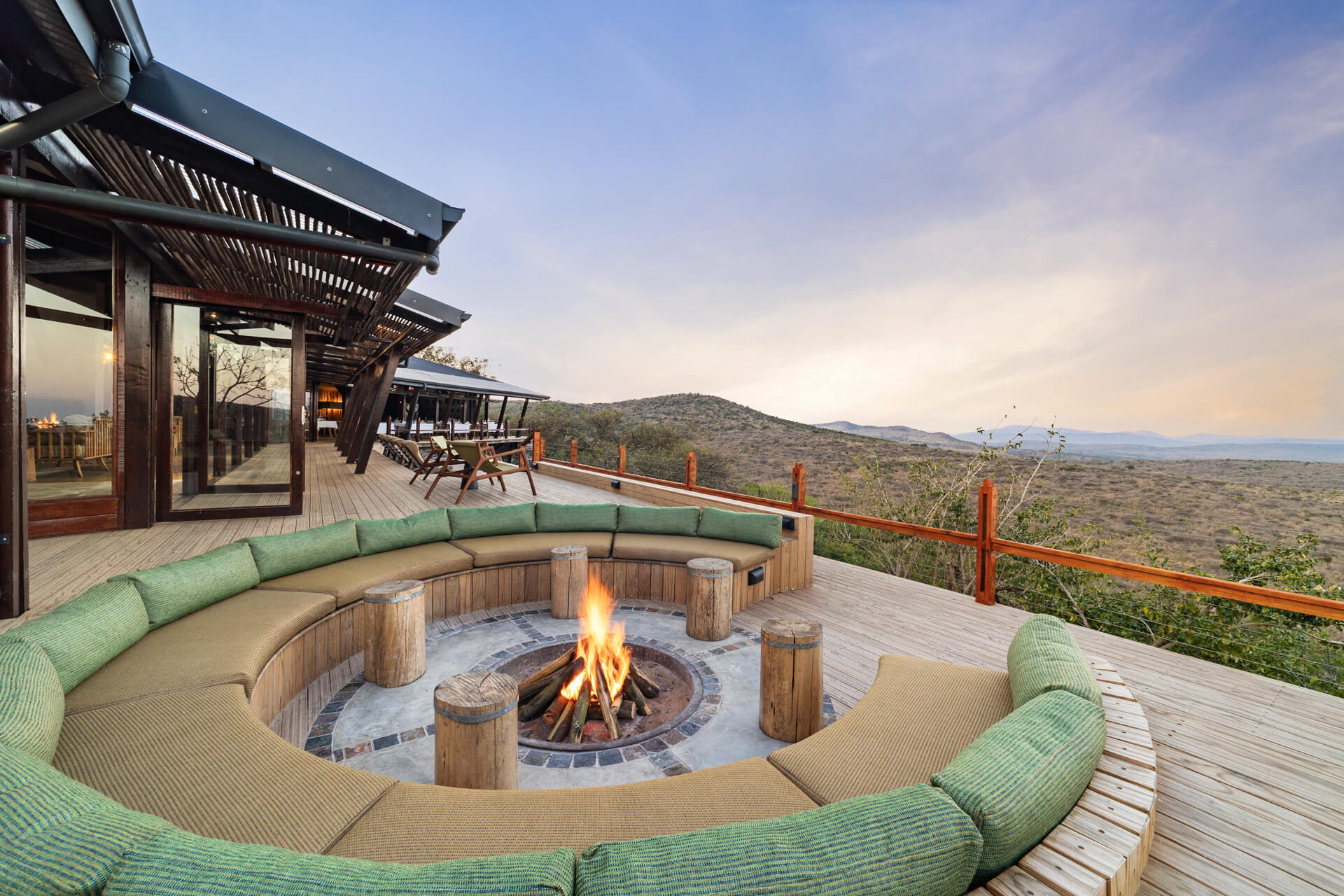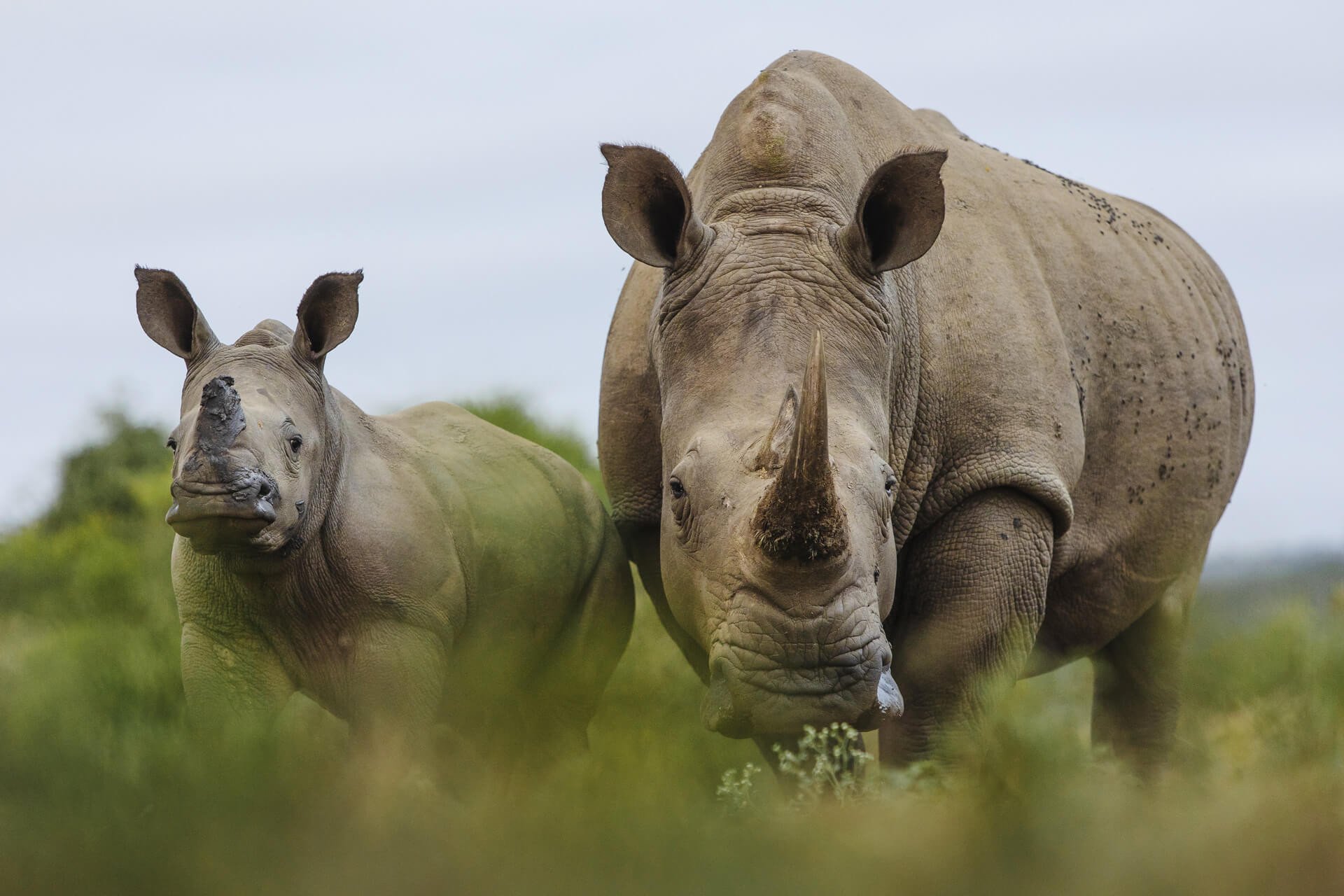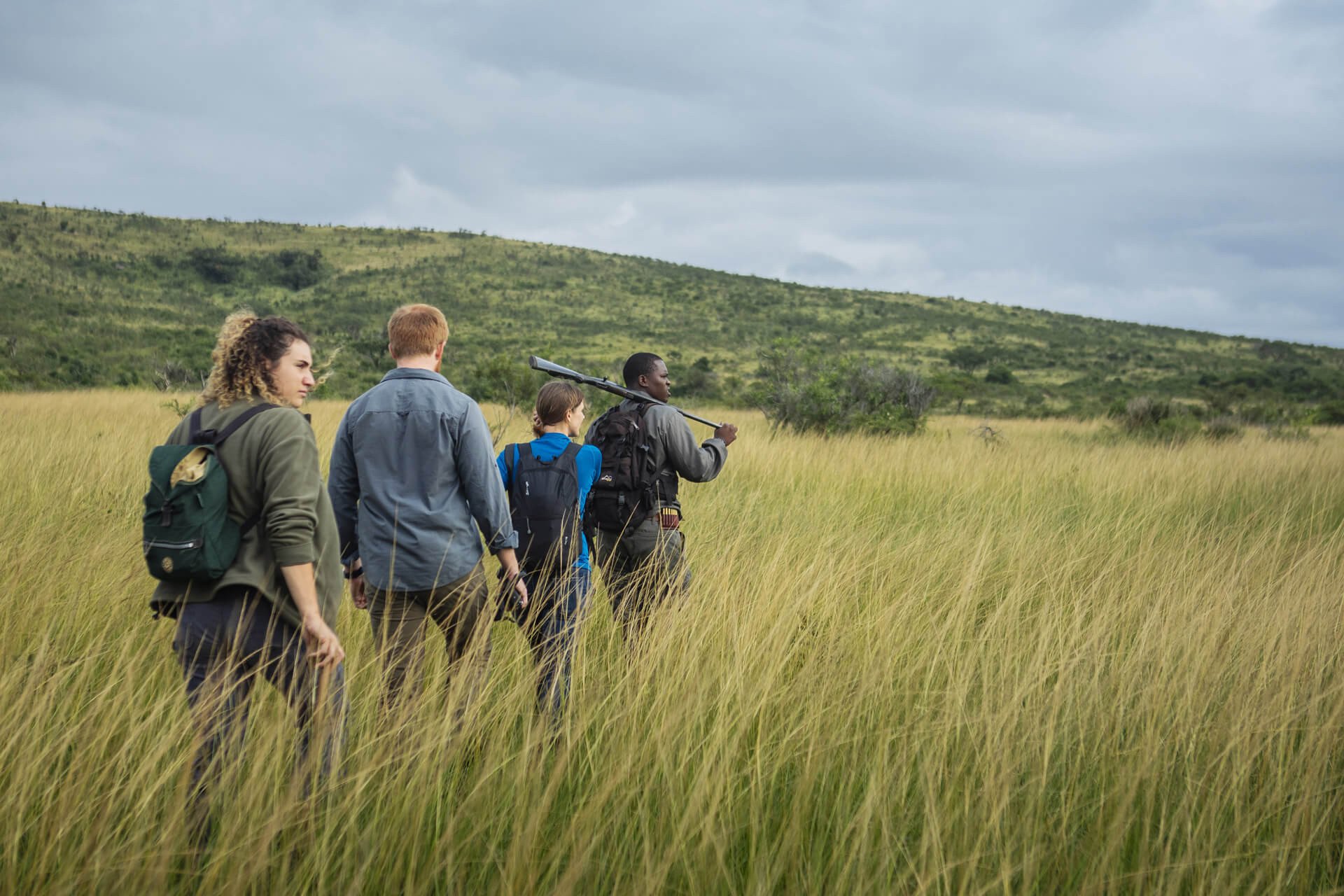blogWhat would you do if money was no object?
Posted in:Activities | Guest Reviews | News
Posted on:August 21, 2015
Berenice Meintjes of Characterstays writes the following in her latest post for Isibindi Africa, which was published on Africa Geographic earlier this week…
Being a psychologist, I tend to ask a few inappropriate personal questions to people I meet. One of my favourite questions is this: “If money was no object, what would you do with your life?” In their responses, it may surprise you to hear, people never talk of things that they want to buy. They talk about things that they would love to do – most commonly wanting to take time off work to travel, to take a decent sabbatical from the everyday routines and stresses of life to do something they have always wanted to do. Very often this involves fantasies about traveling through Africa, to unspoilt natural areas, with the aim of reconnecting with nature in simplicity and wonder.
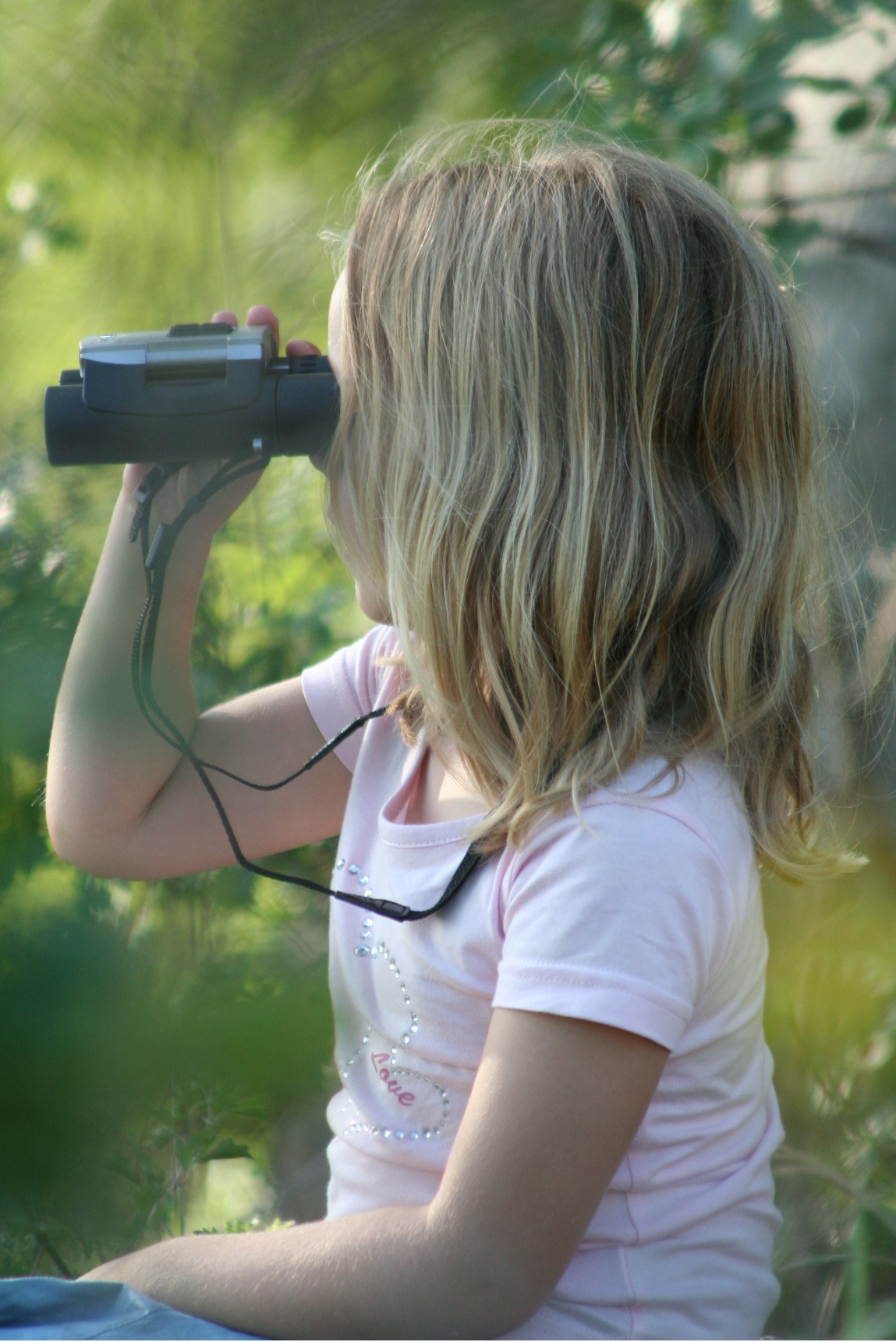
Shanay binoculars
Mark Nepo proposes “The soul’s only interest is to be as alive as possible. The aliveness of our soul is our career.” Imagine doing that which makes your soul most alive.
And yet, already inside yourself you may have a loud “But.” “But money is an object”. “But I have responsibilities”. Then what happens, as David Whyte explains, we are always waiting for the right time to do the things we would love to do – waiting until the kids are older, waiting until they are grown up or have left home, waiting until we have paid off the bond on the house, waiting until we retire … waiting until we are dead. He says that the conditions for change are never going to be perfect and that the time for living a more spacious life is always in the present. And don’t let children be your excuse! Thich Nhat Hahn proposes that one of our greatest responsibilities towards our children is for parents to be happy, saying “If we have happy parents, we have received the richest inheritance of all.”
Another barrier to change is often what people will think of us. Psychologists Larry Took and Graham Lindegger explain that following the desires of the true self can feel like one is betraying certain loyalties. And indeed, sharing our dreams with others can feel like holding out a delicate flower to be squashed. But their response may be coming from fear or our strong cultural conditioning for the need for security. And a fear response in others will often come across as judgmental, such that sometimes it takes great courage to have the conversation that is needed in order to initiate some changes. But every small step starts right now. “Take the first step.” says David Whyte. “And start with what you have now,” KwaZulu-Natal Ezemvelo’s Ncami MaDlamini advised me, “don’t wait until you have everything you need to make your full dream come true – the big picture can overwhelm and paralyse one into inaction. Start something small alongside your current life situation.

Dare to dream
For me I had fun one lazy Saturday morning drawing up a ‘Bucket List’. Then as I was looking at my list I suddenly realised I needed to do approximately one thing a year if I was going to fit it all into this one short life. I shrugged and thought “Best I get going then.” I resolved “Updating the house can wait until I am much older and don’t feel like traveling any more” and I started with the smallest, easiest travel dream and have been working my way through my evolving list ever since.
So, seriously, if money was no object, what would you do with your life? And are your dreams so terribly unrealistic, or is there one small step or one scary little conversation that you might be able to make right now towards realising these dreams? Nature poet Mary Oliver spurs us on, asking
“What is it you will do with your one wild and precious life?”

What is it you will do with your one wild and precious life?
